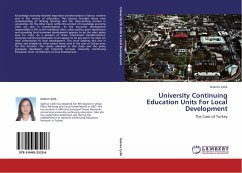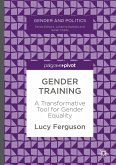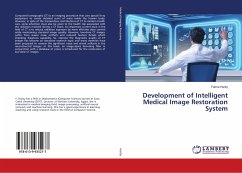Germany experienced economic devastation after World War II. Ways had to be found to rebuild the economy. After 1917 Lenin had called for polytechnical education in Russia to stimulate interest in the trade crafts. When the Communist system was implanted in the German Democratic Republic, the GDR adapted the Russian education system to serve its own economic needs. Advice for curriculum development was initially given by experienced craftsmen who also structured workshops for pupils in industry and agriculture. Practical work was to enable as many school leavers as possible to choose an economically useful career. Educational reform required considerable organisation by the authorities and ingenuity of teachers. This thesis describes the historical situation and ideological reasons for polytechnical education and shows the merits and pitfalls during educational development in the GDR. Polytechnical education was meant to give pupils a broad spectrum of knowledge and skills from an early age. The Communist system also aimed to instil a sense of responsibility for socialist society and pride in serving their country and ideals.
Hinweis: Dieser Artikel kann nur an eine deutsche Lieferadresse ausgeliefert werden.
Hinweis: Dieser Artikel kann nur an eine deutsche Lieferadresse ausgeliefert werden.








